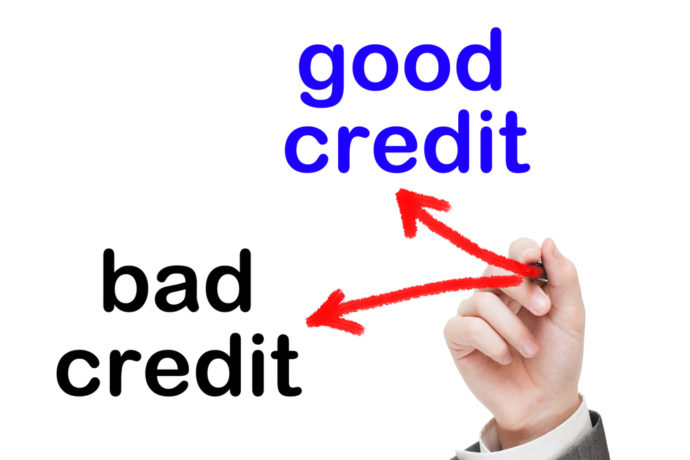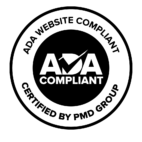Understanding your credit score doesn’t need to be a mystery…or even a secret. It’s important to know the basics of what makes up your score and how it can affect you. Not only can it impact things like applying for a loan, but it can also cost you in areas that you may not think of, like paying more for auto insurance, being hired for a job, or even renting an apartment. The score represents you as a consumer – the higher the number, the less risky you likely are. A low score can really cost you. It can mean higher rates on loans, or possibly not being approved for a loan.
The Five Basic Parts of Your Credit Score
Payment History – 35%
Everyone know it’s important to make payments on time, but did you know that payment history makes up the largest part of your credit score? Defaulting on larger loans, such as a mortgage, can cause a greater impact.
Amounts Owed – 30%
Carrying high balances and going over the limit on credit lines can have a negative impact on your score. For revolving lines of credit such as credit cards, experts recommend keeping the amount owed below 30% of the credit limit.
Age of Credit History – 15%
It’s important to maintain and keep your oldest credit lines open. A short credit history equates to a lower score.
New Credit Applications – 10%
Avoid opening too many credit lines at the same time. Store charge cards may save you a little on your purchases, but applying for too many lines of credit within a short time frame can lower your score as well.
Types of Credit – 10%
Having a good credit mix, meaning having both revolving credit and installment loans also influences your score. Revolving credit are loans such as credit cards and lines of credit, whereas installment loans are loans such as auto loans and mortgages.
If you have questions regarding your credit score, contact your lending professionals at Eastex Credit Union. As always, we are here to help.




